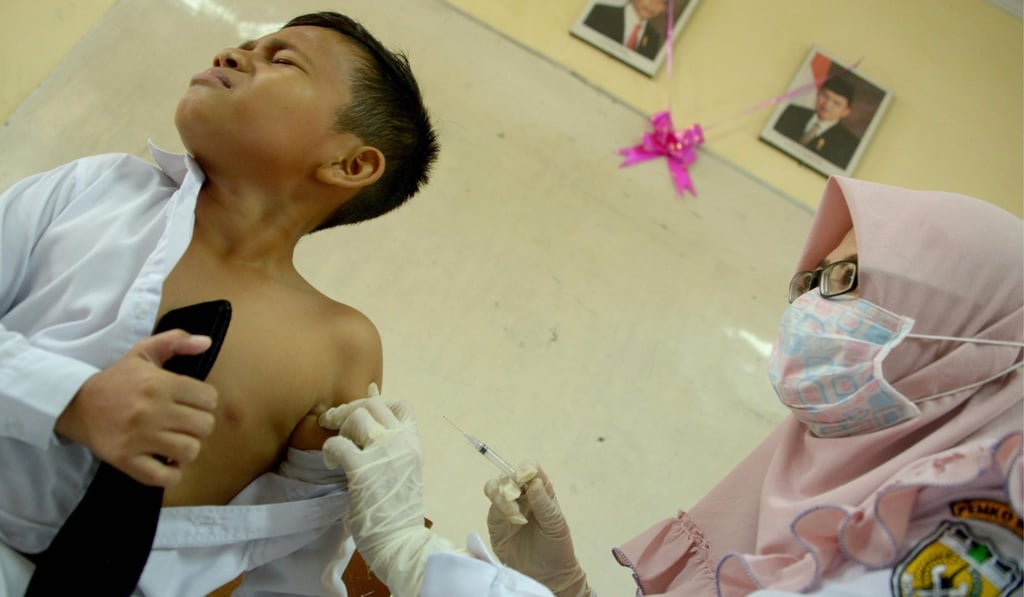Advertisement
Opinion | China could be key partner in lifting Indonesia’s pharmaceutical industry
- Indonesia’s health care system has flourished because of reforms, but the country’s pharmaceuticals sector faces a price squeeze from expensive raw materials
- An expanded investment agreement with China would help Indonesian drug makers thrive and keep the country’s health care mandate on track
Reading Time:4 minutes
Why you can trust SCMP

The recent policy changes in Indonesia’s national health insurance programme have been invaluable: they have not only made health care accessible to millions of formerly neglected patients, they have also breathed fresh air into the country’s pharmaceutical industry thanks to now soaring demand for drugs from new patients.
Perhaps the most interesting aspect of Indonesia’s pharmaceutical industry is the fact that almost 90 per cent of the raw materials used in making drugs are imported from China – and yet the Indonesian government has not made any significant efforts to strengthen or institutionalise its partnership with Beijing in the sector.
A closer look at a few key facts surrounding the partnership underlines how China could become Indonesia’s strongest partner in the pharmaceutical sector, undergirding Indonesia’s health care reform.
Advertisement
In January 2014, there were massive changes in the health service sector in Indonesia. The law mandates the implementation of the national health insurance programme, known as JKN-KIS, by the Social Security Organising Agency (BPJS), for all Indonesian citizens. Through the programme, about 224 million people, or 83 per cent of Indonesia’s population, receive health protection. That number makes JKN-KIS the largest universal health insurance programme in the world.

Advertisement
Because of the expanded patient coverage in Indonesia, the demand for drugs has increased significantly. In the year after the health insurance programme was started, the pharmaceutical industry grew 11.8 per cent, with a total value of US$4.6 billion – or US$19 per capita. Since then, the pharmaceutical industry has grown steadily at about 6 per cent per year.
Advertisement
Select Voice
Select Speed
1.00x
